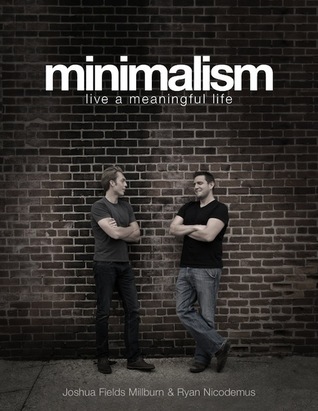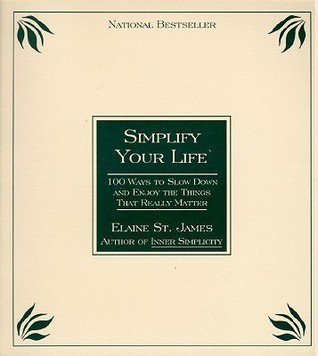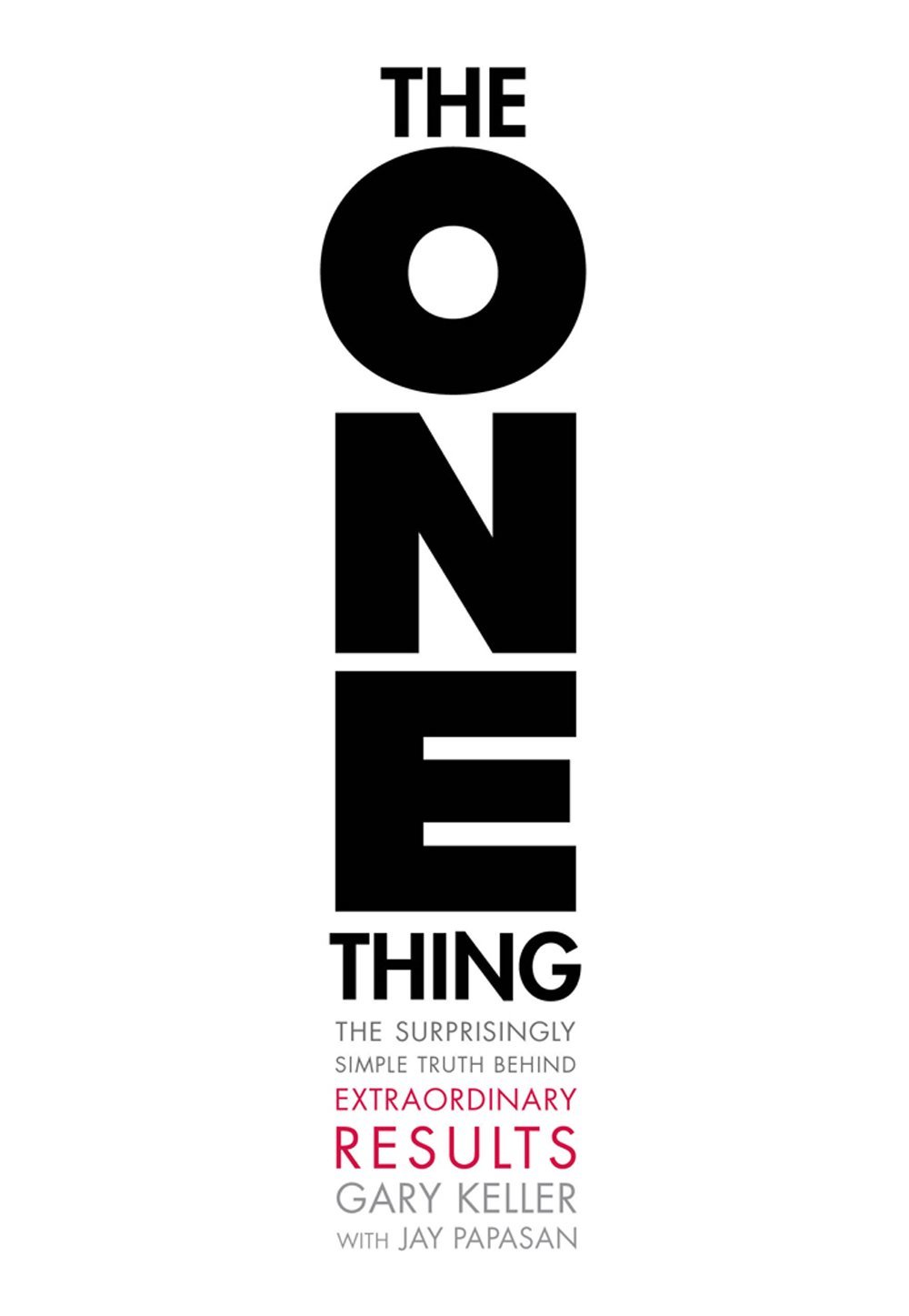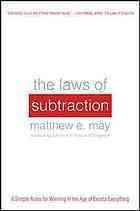
Essentialism: The Disciplined Pursuit of Less
Book Description
Imagine a life stripped of clutter, where every decision resonates with purpose and clarity. "Essentialism: The Disciplined Pursuit of Less" uncovers the art of focusing on what truly matters, guiding you through a stark battlefield of distractions and demands. With compelling insights and practical strategies, Greg McKeown empowers you to reclaim your time, energy, and passion by cutting through the noise. This isn’t just about doing less; it’s about achieving more of what counts. What will you discover when you finally embrace the essential?
Quick Book Summary
"Essentialism: The Disciplined Pursuit of Less" by Greg McKeown presents a compelling argument for focusing on what truly matters in a world overloaded with options and distractions. The book challenges the modern notion that more is better, offering instead a systematic approach for discerning the vital few from the trivial many. By practicing essentialism, individuals and organizations can prioritize their most important tasks, say no to nonessentials, and design their lives and work around purpose rather than pressure. With practical techniques, inspiring stories, and clear frameworks, McKeown empowers readers to reclaim time, make better decisions, and achieve greater satisfaction and success by doing less, but better.
Summary of Key Ideas
Table of Contents
The Philosophy of Essentialism
Greg McKeown begins by critiquing the societal belief that we must do everything and take every opportunity to succeed. He argues this mindset leads to overwhelm and mediocrity, rather than fulfillment or achievement. Essentialism offers a clear philosophy: focus only on what is truly important and ignore the rest. McKeown lays out the detrimental effects of trying to be all things to all people and proposes essentialism as the antidote, a mindset that prioritizes the vital few over the trivial many.
Learning to Say No and Setting Boundaries
A key component of essentialism is the disciplined art of saying no. McKeown emphasizes the power of deliberate choice and personal boundaries. By intentionally declining nonessential commitments and requests, individuals free up space for meaningful work and relationships. He provides practical language and strategies for saying no gracefully, making it clear that setting boundaries is not selfish but necessary for effectiveness and well-being. The ability to reject the good in favor of the truly great becomes a hallmark of the essentialist.
Prioritizing What Truly Matters
Identifying and prioritizing what truly matters is central to essentialism. McKeown guides readers to regularly evaluate commitments, obligations, and aspirations, asking what is essential and why. He suggests techniques such as setting clear criteria for opportunities and adopting a zero-based ownership approach to projects and responsibilities. By distinguishing essential tasks from the superfluous, individuals can direct time and energy towards activities that align with their highest values and goals, boosting both productivity and satisfaction.
Eliminating Distractions and Clutter
The book also stresses the importance of eliminating clutter, both physical and mental. McKeown advocates for thoughtful elimination—removing obstacles, distractions, and redundant activities that dilute focus. He encourages readers to declutter their environments, streamline routines, and minimize decision fatigue. By proactively clearing away the nonessential, essentialists make space for depth and quality in their work and lives, reducing stress and fostering a sense of control and clarity.
Creating Routines and Systems for Success
Essentialism is not a one-time act but a disciplined ongoing pursuit. McKeown discusses the creation of routines and systems that reinforce essentialist habits. This includes scheduling time for reflection, enforcing buffers for rest and creativity, and designing environments that support focus. Through consistent practice and realignment with essentialist principles, individuals and organizations can continually refine their direction, making the pursuit of less a sustainable path to more meaningful and impactful results.
Download This Summary
Get a free PDF of this summary instantly — no email required.





